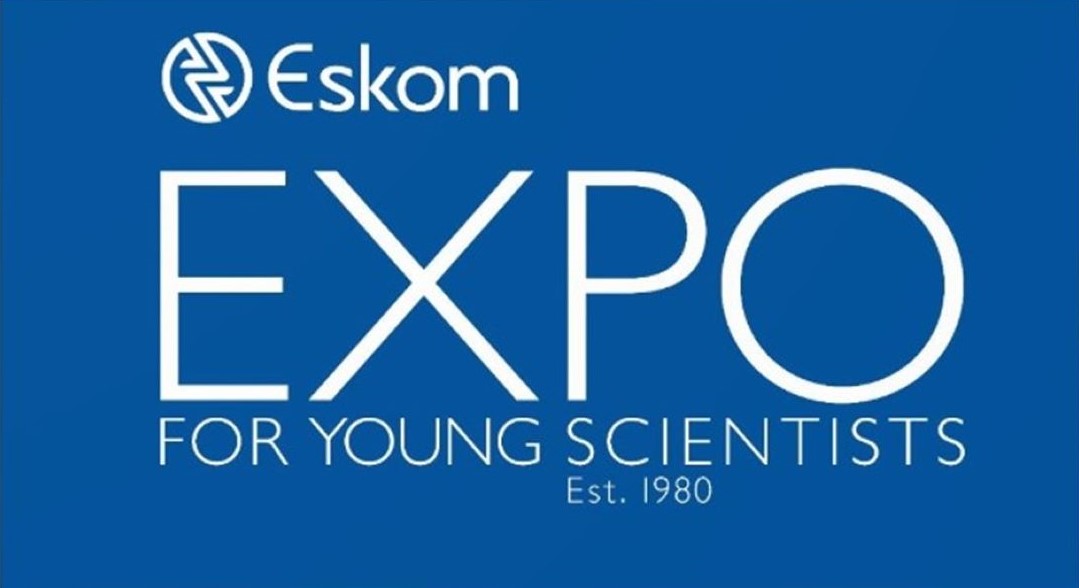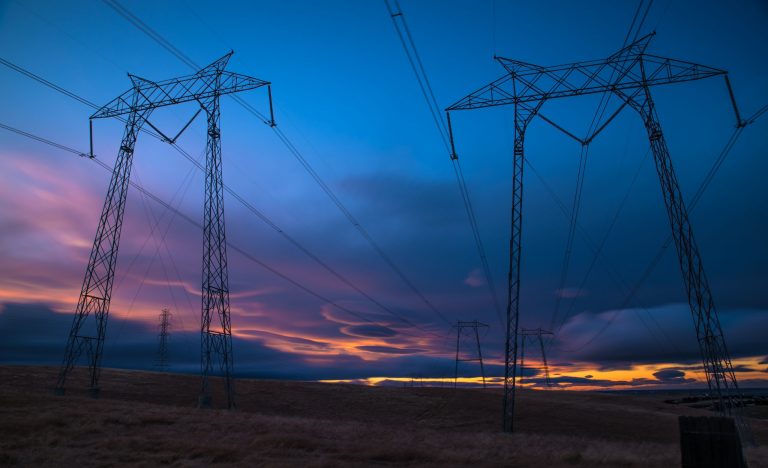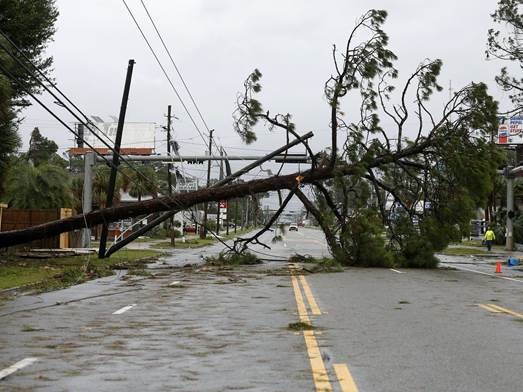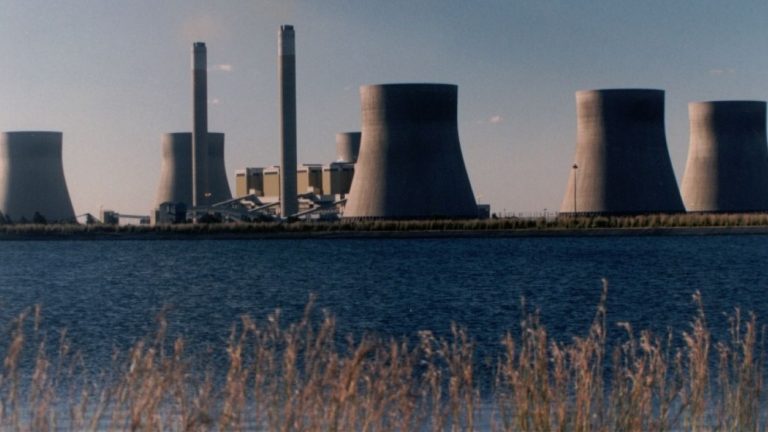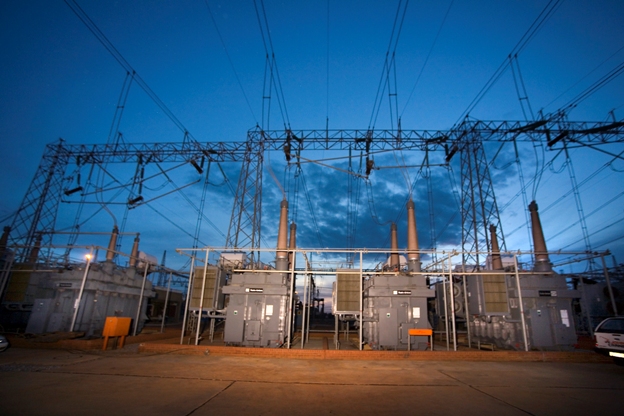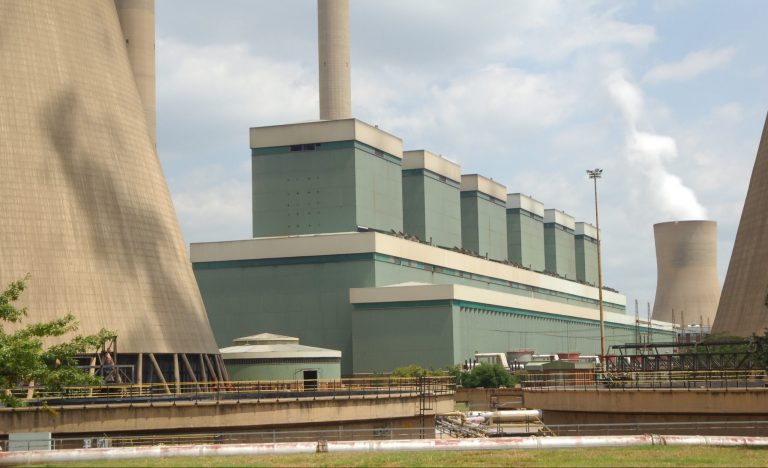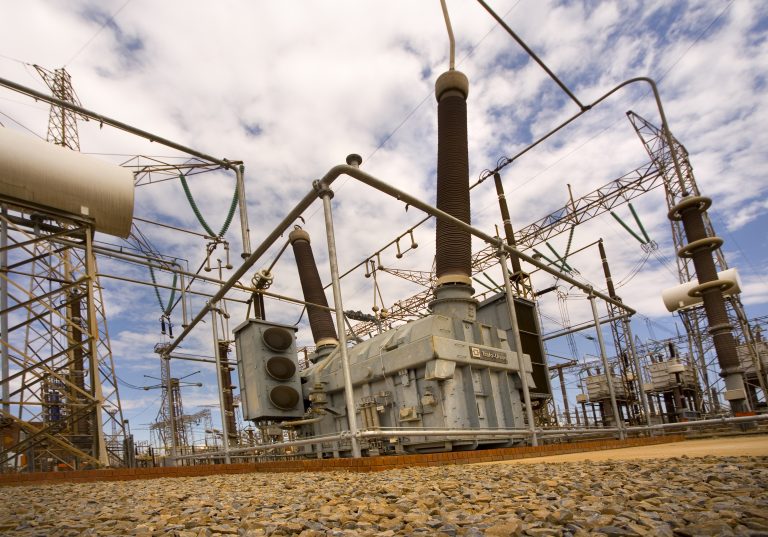SA young scientists to showcase pioneering research at Indonesia science competition
Monday, 22 April 2024: The research projects by the South African young scientists aim to address the country’s energy crisis and determine the extent to which artificial intelligence (AI) can be ethically monitored. These research projects will be showcased at this year’s International Science Technology Engineering Competition (ISTEC) in Bali, Indonesia.
The four young scientists, who will be accompanied by Eskom Expo’s Business Manager, Mrs Mmamoloko Rancia Riba, won their place to represent the country at the Indonesia competition, renowned as a “hub of innovation and ingenuity”, from 2 to 5 May 2024. Their selection followed a nomination by a panel of academics and professionals at the Eskom Expo for Young Scientists International Science Fair (ISF) in October 2023.
Rikyle Andrio Jordaan, a Grade 12 learner at Paterson High School in Gqeberha (formerly Port Elizabeth), is set to showcase his research project entitled, “Building a resilient grid: Leveraging solar, wind, and hydro power for improved reliability.” Jordaan constructed a miniature power grid that effectively utilised solar, wind, and hydro energy sources. By integrating these renewable energy resources, his research emerged as a significant contribution to addressing South Africa’s persistent energy crisis.
Husna Docrat, a Grade 11 learner at St Dominics Newcastle Curro, will present her research project entitled, “Exploring the feasibility of bioplastics as alternatives to conventional Plastics”. With conventional plastic bags taking approximately 20 years to decompose, Docrat embarked on developing a bioplastic solution that offers a sustainable alternative to these widely-used pollutants. She has shown an in-depth understanding of the environmental hazards of plastic use. Docrat’s project not only aims to mitigate plastic pollution; but also seeks to safeguard the well-being of plants, animals, and the environment at large.
S’qiniseko Mpilenhle Mpontshane, a Grade 12 learner at Mandla Mthethwa School of Excellence in Ndumu, KwaZulu-Natal, is set to unveil his research project entitled, “Sustainable transportation using a solar-powered autonomous car.” Mpontshane’s innovative autonomous car prototype exemplifies the boundless potential of technology. His research encourages further advancements in renewable energy integration and autonomous vehicle technology, which is a buzz in the technology space. Rigorous performance evaluations conducted on the prototype have demonstrated the effectiveness of integrating solar power to supplement the car’s energy needs and implementing advanced navigation systems.
Maria Isabella Lutz, a Grade 10 learner at Bloemhof Hoër Meisieskool in Stellenbosch, Western Cape is set to present her research project, entitled, “Integrating AI-enabled chatbots in the classroom – friend or foe?” The use of artificial intelligent chatbots such as ChatGPT, Chatsonic, and Google Gemini is becoming prevalent in classrooms around the world. Currently, educators around the world are grappling with issues arising from the ethics of learners using artificial intelligence (AI). Lutz’s project examines the effectiveness of using chatbots to assist second-language English learners with essay writing. Through her research, she sought to determine the extent to which AI integration is acceptable and how it can be ethically monitored to prevent any violations.
The Chief Executive Officer of the Eskom Development Foundation (Acting), Ms Mologadi Motshele, said: “The research conducted by these young scientists covers a range of pressing contemporary issues, ranging from potential solutions to our country’s persistent energy crisis and advancements in renewable energy integration, to understanding the environmental impact of plastic use and exploring the effectiveness of chatbots. These are challenges our society faces today. The fact that these young scientists are actively involved in addressing these issues highlights the importance of student participation in the Eskom Expo for Young Scientists. It demonstrates the crucial role Eskom Expo for Young Scientists plays in fostering skilled and enthusiastic scientists and innovators. We extend our best wishes to these four youngsters as they embark on their journey to Bali”.
Eskom Expo Executive Director, Parthy Chetty, said: “These four young learners representing South Africa in the upcoming science competition in Bali, come from various parts of our country. It is therefore important for Eskom Expo and its partners, to ensure we continue to provide opportunities for our learners to thrive locally and travel abroad to compete. This enables the learners to explore their passion in science, while sharing their ideas with learners and judges from various countries. This interaction stimulates knowledge and cultural sharing in the science fields and allows these young learners to think global and act local. I wish them well in their ventures and look forward to reading about their experiences, on their return.”
The fifth edition of the ISTEC aims to encourage research and education in Indonesia, offering participants a distinct platform to nurture their passions in science, technology, and engineering. With a focus on fostering collaboration among young scientists, teachers, and budding researchers from diverse backgrounds, the competition endeavours to facilitate the exchange of ideas and experiences on a global scale.
Registration to take part in 2024 Eskom Expo is open. Learners in grades 4 to 12, along with TVET college learners (NC2 to NC4) can register their research projects by visiting www.exposcience.co.za
Download images of the learners here: https://we.tl/t-2UstxNNTs2
For media queries contact: JeVanne Gibbs at [email protected]
ENDS

